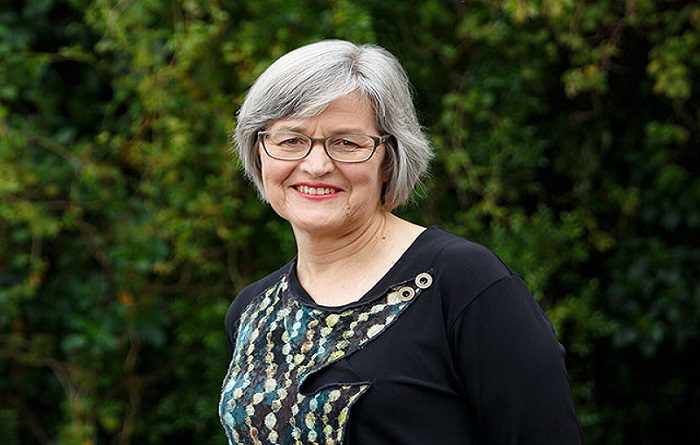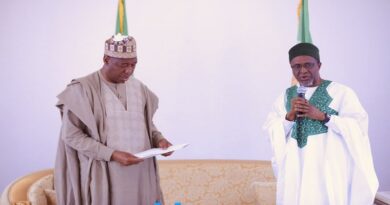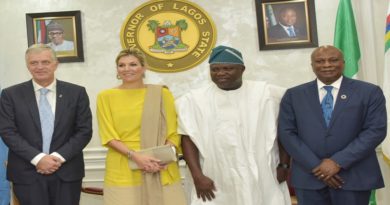New Zealand to ban products containing plastic microbeads from June
With effect from June this year, New Zealand will ban products containing plastic microbeads, Associate Environment Minister, Eugenie Sage, has said.
Other steps the country is taken to prevent litter entering oceans by hitting it at its source on land include developing options to get rid of single use plastic bags; supporting data gathering on marine debris along the coastlines and oceans; funding initiatives through the Waste Minimisation Fund (WMF) including Keep New Zealand Beautiful, Sustainable Coastlines and the Packaging Forum and reviewing implementation of the Waste Minimisation Act to use its powers better and promote waste minimisation.
Besides, New Zealand has joined the United Nations-led CleanSeas campaign to rid the oceans of plastic, Ms Sage announced on Monday. Ms Sage signed a pledge showing New Zealand’s commitment to the global CleanSeas campaign at the Volvo Ocean Race Village in Auckland. More than 40 other countries have already signed up.
“Turtles and other wildlife are being killed by litter in our oceans. Also the issue of microplastic in our oceans and its effect on the food chain is a concern for all species and is a potential risk to human health. New Zealand is proud to be joining this campaign to stop this from happening,” Ms Sage said.
Scientists estimate that there are over 150 million tonnes of plastics in the ocean today. If nothing changes then plastic in oceans will weigh more than all the fish that live in them by 2050.
“By signing up to the CleanSeas campaign, we are making it clear that New Zealand wants to be part of the solution to this problem.” Johan Salén, Volvo Ocean Race Co-President, welcomed the commitment.
“I would like to congratulate the New Zealand Government on joining the United Nations-led CleanSeas campaign to address the impacts plastics are having on our oceans,” he said.
“By individuals, businesses, NGOs and governments, such as New Zealand’s, working together we can find innovative solutions to educate, innovate and leave a lasting legacy that will help address this plastic problem.”
“We are excited to have New Zealand join us in the fight against ocean pollution,” Erik Solheim, head of UN Environment said. “By joining the CleanSeas campaign, they are affirming their pledges to reduce waste and we hope that other nations can also follow suit and join the campaign.”
Ms Sage said the Government was taking steps to prevent litter entering oceans by hitting it at its source on land. Measures included: Banning products containing plastic microbeads – this will come into effect in June.
“This Government has pledged to significantly reduce waste to landfill by 2020. It’s an ambitious goal and will take a concerted effort.
“We need to move to a circular economy where we make, use and return products and materials instead of the current model where we take resources, use them, then dispose of them. That is the focus of the latest round of the Waste Minimisation Fund which I also announced today.”
At the launch Minister Sage will meet New Zealander Bianca Cook, who is a crew member aboard the Turn the Tide on Plastic boat. Cook is the first Kiwi woman to sail in the Volvo Ocean Race since 2001/02.
During the race, the Turn the Tide on Plastic crew members hope to raise awareness of plastic pollution in the world’s oceans and are testing salinity, dissolved CO2, algae and microplastics levels in the ocean.
“It’s great to see the Volvo Ocean Race supporting the CleanSeas campaign. We all need to work together to stop plastic going into our oceans. We can all play a part by kicking the plastic bag habit and not buying drinks in plastic bottles.”




